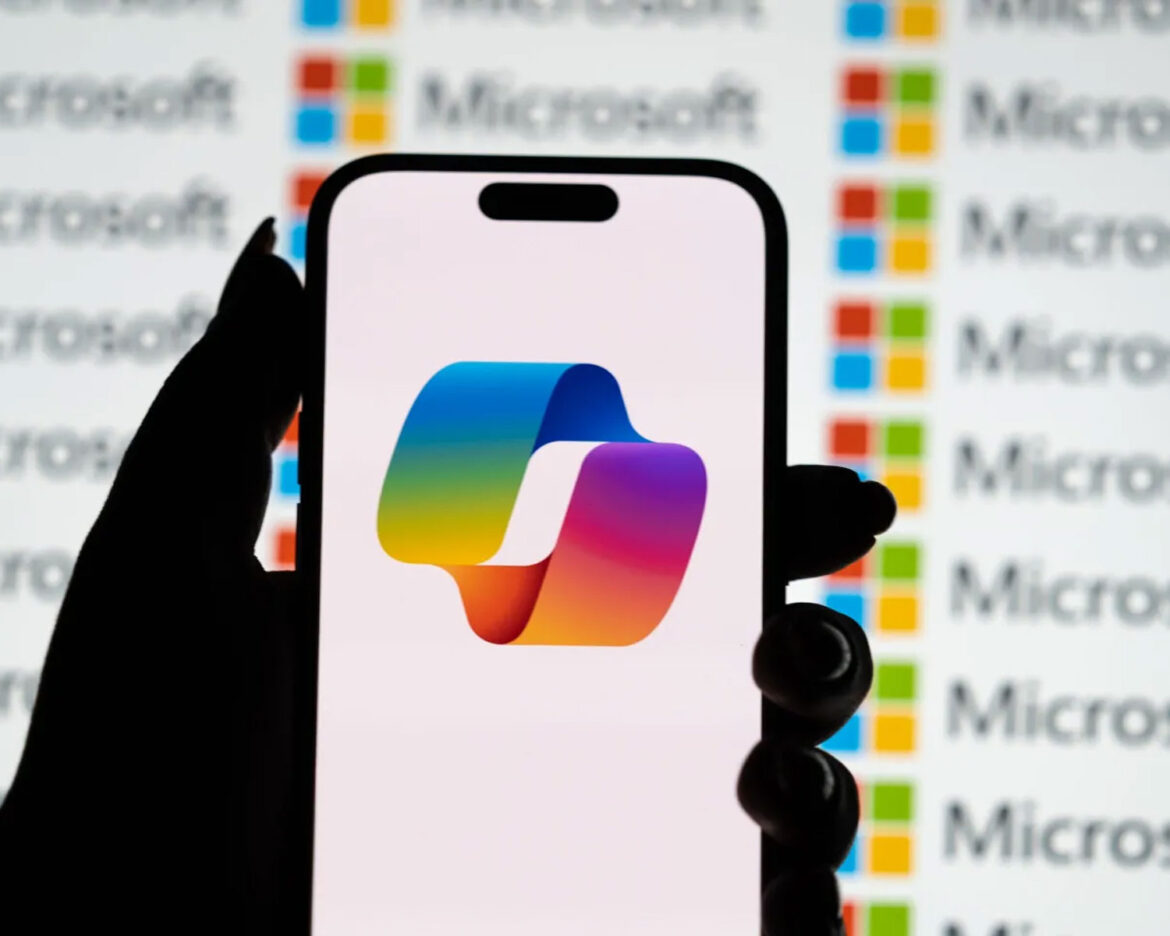Microsoft is set to allow its customers to build autonomous artificial intelligence (AI) agents starting next month, as part of its latest initiative to capitalize on the rapidly expanding AI industry. These agents, which need minimal human intervention compared to traditional chatbots, are poised to revolutionize various business processes such as client interactions, sales lead identification, and inventory management.
Positioning these autonomous AI agents as “apps for an AI-driven world,” Microsoft aims to make it easier for companies to leverage AI for business operations. Competitors like Salesforce have also highlighted the potential of autonomous agents, with analysts suggesting they could offer companies a quicker route to monetizing the substantial investments being made in AI technology.
Starting in November, customers can use Copilot Studio, an application that requires little coding experience, to create AI agents in a public preview. These agents will be powered by both in-house AI models and models from OpenAI. Microsoft is also introducing 10 pre-built agents designed to assist with routine tasks like managing supply chains, tracking expenses, and handling client communications.
A demonstration by McKinsey & Co, which had early access to the tools, showcased an AI agent capable of managing client inquiries by checking previous interactions, identifying the appropriate consultant, and scheduling follow-up meetings.
Charles Lamanna, Microsoft’s Corporate Vice President of Business and Industry Copilot, emphasized that the company’s Copilot will act as the user interface for AI, enabling employees to interact with a wide range of AI agents. “Every employee will have a Copilot, their personalized AI agent,” Lamanna explained, noting that these agents will help navigate the growing landscape of AI tools.
Despite Microsoft’s strong AI push, some concerns have emerged regarding the pace of Copilot adoption. Research firm Gartner reported that most of the 152 IT organizations it surveyed had not yet advanced their Copilot initiatives beyond the pilot stage. Microsoft shares fell 2.8% in the September quarter, underperforming the S&P 500, though they remain more than 10% higher for the year.
As Microsoft continues to invest heavily in AI, it faces growing scrutiny from investors to demonstrate tangible returns from its AI efforts. The upcoming release of autonomous AI agents represents the company’s next step in transforming how businesses interact with AI.



